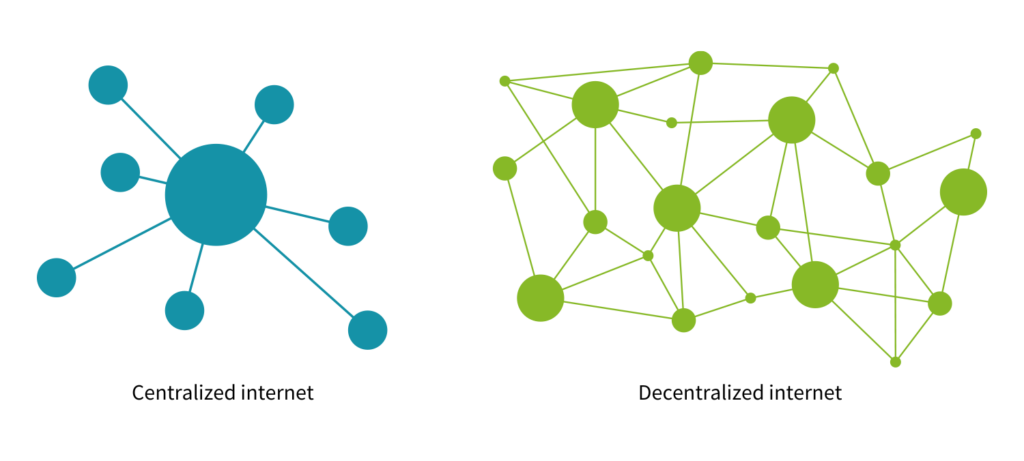Social media is perhaps the most exciting thing that has happened to marketing in the last ten years. They opened new doors of opportunity that traditional media could not even dream of opening. They gave a voice to all participants in the process, and completely changed the narrative and the way of communication from corporate to human.
Yes, platforms 2.0 have given the possibility of two-way communication. Seen through the prism of marketing communications, companies are the ones who send the message, but the end user does not just receive it but also has the opportunity to send a message back and start a whole narrative that can go in favor of the company. Also, it can completely change the tone and bring a problem to the surface.
That is the advantage of Platforms 2.0. What would Platforms 3.0 be? Well, this is where things get interesting.
What to expect in the future of social media?
I came across the concept of Internet 3.0 through a tweet a few days ago, where this concept is explained in great detail, which I will now try to explain to you in layman’s terms.
If the goal of Internet 2.0 was to enable two-way communication, Internet 3.0 aims to have the same possibility but to decentralize the power of communication platforms.
What does decentralization mean? It means that we will not have the power centralized in one company that will regulate the communication channel but each of us will be a “server” in some way. So, there will never be an opportunity for a hacker to break into the system, or for the company to manipulate the network.
I’ll repeat it in layman’s terms – this sounds like a blockchain for social networks, a concept of torrents for FB and Insta.

Why did I turn the conversation to Internet 3.0? Because the world is already ready for it, considering all the controversies related to Facebook and its Instagram, Messenger, WhatsApp, and other daughter satellites, and especially considering the almost all-day downfall of the same.
The conversation involves several things as the security of user privacy, the dependence of businesses on specific networks, and the question of what we do if tomorrow these networks are gone or become irrelevant (RIP MYSPACE).
To answer that, we must first revisit some basic digital marketing literacy concepts that people often forget and some even (quite justifiably) don’t know.
Social media in digital marketing
One of the key divisions of digital marketing is branching into three parts:
- owned media (channels and content that are owned by you and over which you have control),
- earned media (content that someone shares – users, media, etc., and based on whose narrative you have no control over), and
- paid media (or custom paid advertising).
Why is this important in situations like the downfall of social media like FB and its satellite networks? Because if they disappeared for a long time or disappeared completely (you never know), automatically, brands and influencers would not have ownership of their profiles/pages on those networks.
There would be no way to have an earned media moment (there would be no one to share the posts) and would not have access to the paid advertising system.
What’s yours and what’s not yours online?
In this situation, the only thing that would be in the control of brands and influencers would be the real-owned media channels. Channels that they own instead of ones owned by popular social networks. What are those channels? Well, it’s not plural, but rather singular – it’s the company/personal website.
The content you create will always be yours – blog posts, authored videos, photos, designs, or any digital content. Anyone who wants to follow you will always have a way through social media but a website is still yours, not to mention the option to have people subscribe to your new content via email.
Finally, the best takeaway from the whole Facebook debacle is that the mantra of any digital marketing company or individual creating quality content must be that what is being given/shared is something that is truly valuable. Quality content reaches the end user, and it is best to host the content on your site that is under your control.



